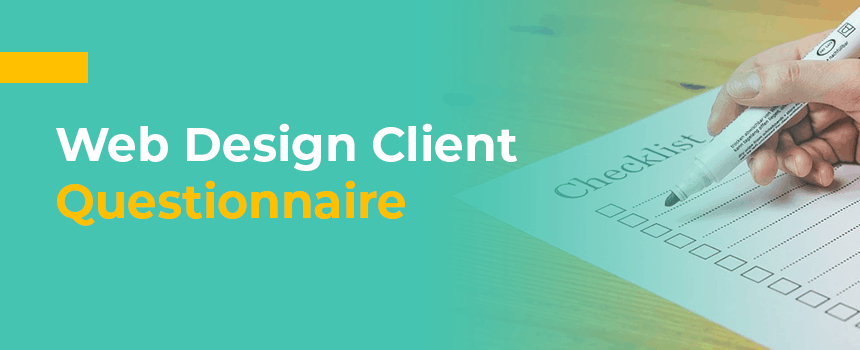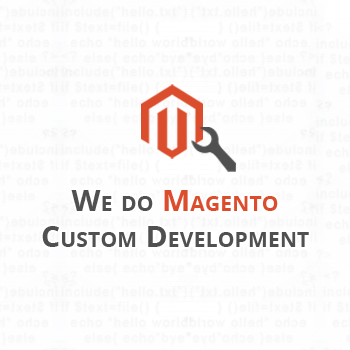Building a website is not a one-sided thing. As a web designer, you need to collaborate closely with your client to make sure you end up with a website that not only looks and works great but also meets the client’s expectations. Asking your client a few well-thought-out questions before you start designing the website will help both you and your client. You get a clear idea of your customer’s needs and he knows what to expect from the finished product.
As they say, the quality of your questions determines the quality of your life so the quality of questions you ask your web design client will determine how aligned the website will be with your customer’s requirements. If you don’t know what these quality questions should be, read the following lines.
1. What is your business?
Your first question should be to fully understand the business. Never assume things even if they are obvious. Let the owner describe them in his own words. Get him to explain every aspect of his business as deeply as possible.
A thorough answer should include the nature of the business, its mission, vision, core values, background, size, expertise, experience, target audience, and location. This one answer will broaden your perspective about the venture and help you visualize a design that will go well with its overall theme.
2. Do you have an existing website?
Many customers are just not happy with their current website and want to upgrade it. Maybe they are annoyed by the website’s loading time, the outdated theme, or the lack of features. If this is the case, sit with them, examine every page of the website, and ask them what they want to change. Have a pen and paper and note down all the changes they request. If they can provide you with the website's Google Analytics report, it will further help you identify the pages that are obstructive and need to be fixed.
3. What are your goals for the new website?
Next, try to understand what they hope to achieve through the new website? Do they want to improve the design, change the functionality, increase brand awareness, boost engagement, or encourage customers to take a specific action? Find out their motivation and the problems they are trying to solve. A clear understanding of their objectives will help you identify which design elements to focus on.
4. What’s your budget and timeline?
One of the hallmarks of a professional web design company is that they deliver projects within budget and deadline. Asking about budget and timeline is important because it will give you a direction as to how to approach the design process. It will also allow you to recommend to customers what can or can’t be done with this budget and whether or not he should increase it to get what he wants.
A specific timeline will allow you to come up with a course of action to successfully hand over the project without compromising the quality of your work while at the same time staying on the deadline.
5. What features must your website have?
After having a clear picture of the client’s business, his motivation for a website, and his budget, it’s time to dig deeper into the website’s specific features. Ask your client what he wants to be included in the website i.e. social media integrations, payment gateways, sign-up form, chat, working hours, photo gallery, contact details, etc. These features are massively important for the client as they explain the operations and processes of the business.
This question should be asked sooner than later to avoid later modifications that could cost extra money and efforts. Double check with the client and make sure you both are on the same page.
6. Do you have a preferred theme or existing images?
Your client might have a good aesthetic sense and have already chosen a particular theme or images to be used for the website. If this is the case, use the same theme and if needed, suggest changes. If he does not have any preference, mutually agree on a web design theme that is visually appealing and appropriately reflects the business goals.
7. Who are your competitors?
Ask this question for your own benefit as this will give you a lot of insights and ideas. You will learn about the market that your client is in and some of the common practices. Check out every competitor’s website and see how they have implemented things and then try to outperform them.



